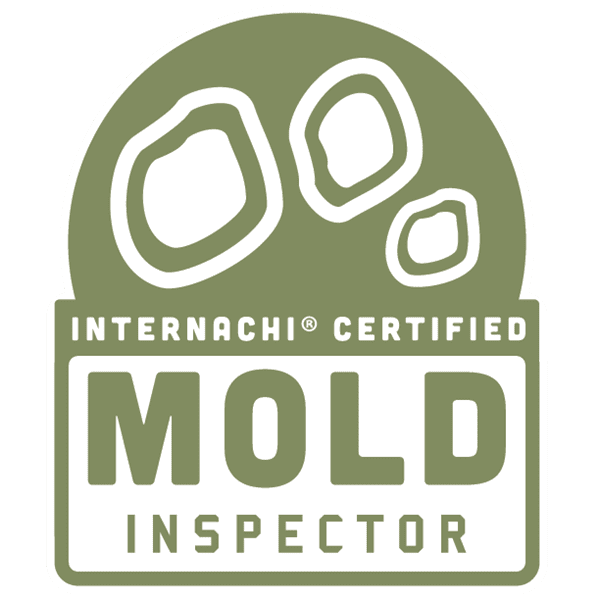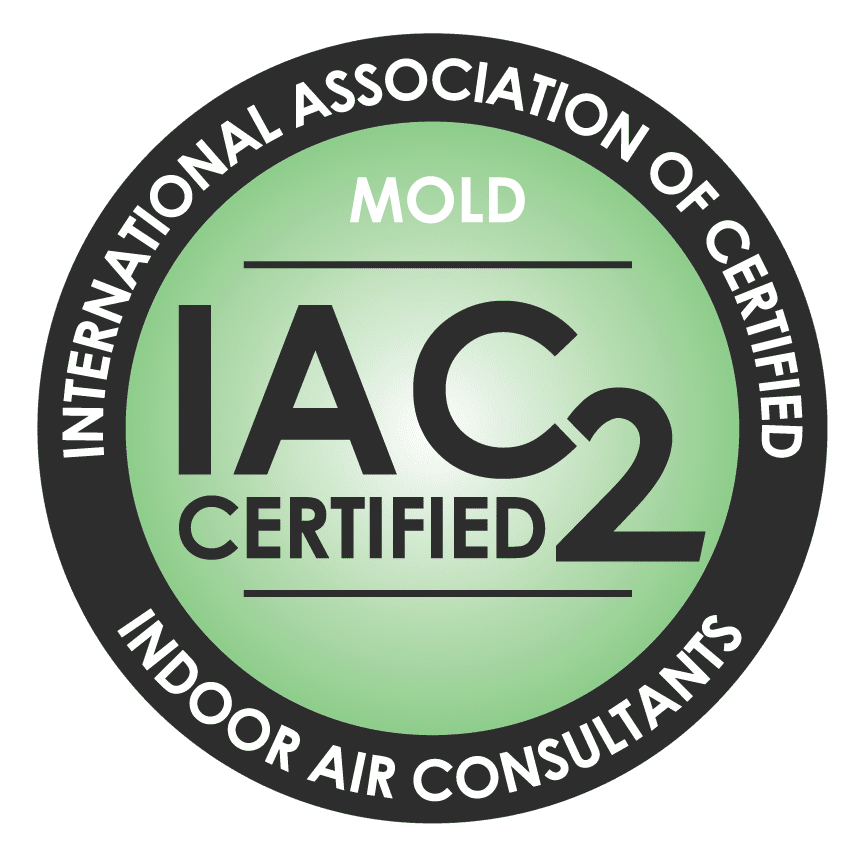
Mold Inspections
Mold Inspections
In most cases, finding indoor mold growth may not be easy. Investigating for hidden mold can be exceedingly difficult. It requires a professional with experience in inspecting for water and moisture problems.
InterNACHI Certified Home Inspectors are trained to locate and identify moisture intrusion, condensation, and humidity problems. Certified home inspectors are trained in building science, which is required to investigate moisture intrusion and conditions conducive to mold growth. My training as a Home Inspector compliments my training as a Mold Inspector very well. My knowledge and educational requirements as a certified and licensed home inspector allows me the tools needed to best serve my clients.
I utilize thermography, thermo-hygrometer, moisture detection devices, air sampling pumps, and other modern technologies to assist me in my Mold Inspections. I take at least two samples, provide the lab results of those samples, and issue a report of our findings. Additional samples may be taken as needed.
A mold inspection is intended to eliminate the uncertainty and the risk of the presence of mold or the adverse effects that mold may cause to a building or its occupants. As a member of the International Association of Certified Indoor Air Consultants I am specially trained to perform mold inspections and I offer two types of inspections, both of which are non-invasive.
All mold inspection pricing include 2 air samples (1 control and 1 inside the home), a copy of the lab results, and a report of our findings. If more than one area of concern is located, if we determine a second control sample should be analyzed, or if we observe apparent biological growth, we may take additional samples at an additional cost. Our samples are collected in accordance with IAC2 standards and are lab analyzed. These are not off-the-shelf test at home kits – we are certified, trained, use professional equipment, and certified laboratories to analyze our specimens.
Prices are for up to 2,000 square feet, single-family homes. Please contact us for additional pricing for larger homes or multi-family units.


We offer two types of Mold Inspections:
Complete Mold Inspection
$399
The Complete Mold Inspection is performed in accordance with the Mold Inspection Standards of Practice of the International Association of Certified Indoor Air Consultants.
The Inspector Shall perform:
- a non-invasive, visual examination of the readily accessible, visible and installed systems
and components of the building, as outlined in the IAC2 Mold Inspection Standards of Practice; - moisture, temperature and humidity measurements;
- air samples; and
- possibly surface sampling at an area of concern.
The inspector shall report:
- moisture intrusion;
- water damage;
- musty odors;
- apparent mold growth;
- conditions conducive to mold growth;
- the results of a laboratory analysis of all mold samplings taken at the building; and
- any system or component listed in the Standards of Practice that was not visually
examined, and the reasons they were not inspected.
Unless we agree to a limitation of the inspection, the inspection will be performed on the primary building and parking structure.
A Complete Mold Inspection includes:
- a visual examination of the entire building, its systems, and components;
- moisture, temperature, and humidity measurements; and
- taking samples.
Limited Mold Inspection
$250
The difference between a Complete Mold Inspection and a Limited Mold Inspection is a limitation of the non-invasive, visual examination of the building. The Limited Mold Inspection does not include a visual examination of the entire building but is limited to a specific area of the building identified and defined by the inspector.
If you previously had an area of concern that you had addressed, a Limited Mold Inspection can be an affordable way to verify that your efforts have been successful. This is perfect if you are on more of a budget or if you already know the area of concern.
Prior to the inspection, the inspector and client shall agree to the limitations of the visual examination. As a result, potential sources of mold growth in other areas of the building may not be inspected.
The Inspector shall perform:
- a non-invasive, visual examination of the readily accessible, visible, and installed systems and components of only the specific room or area defined by the inspector and agreed to by the client;
- air samples; and
- possibly surface sampling at an area of concern.
The Inspector shall report:
- moisture intrusion;
- water damage;
- musty odors;
- apparent mold growth;
- conditions conducive to mold growth; and
- the results of a laboratory analysis of all mold samplings taken at the building.
The Limited Mold Inspection is a fast and affordable way to confirm the existence of mold and, if possible, determine the type of mold present in a specific, defined area of the building.
An example of a Limited Mold Inspection:
Our client requests a Limited Mold Inspection to be performed. The scope is specifically limited to a particular room in the building. Only that room will be inspected, including a non-invasive examination of that room. We will take one control air sample and one in the area of concern. If apparent growth is observed during the non-invasive inspection we will suggest taking a specimen for analysis, usually a swab or tape sample.
A Limited Mold Inspection includes:
- visual examination limited to a specific, defined area of the building; and
- taking of samples for analysis
Call to find out more or schedule an inspection


